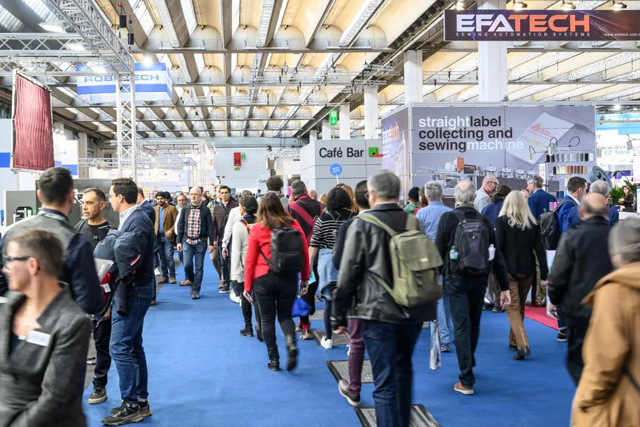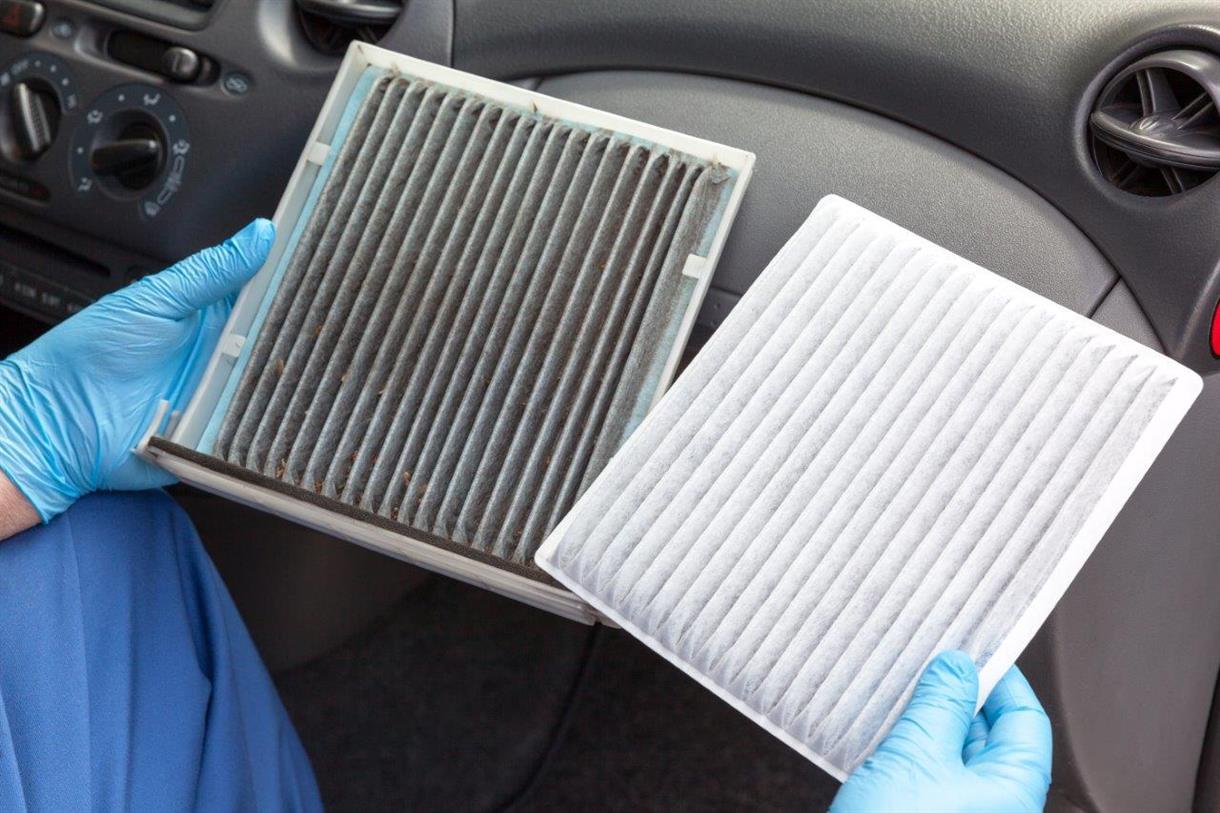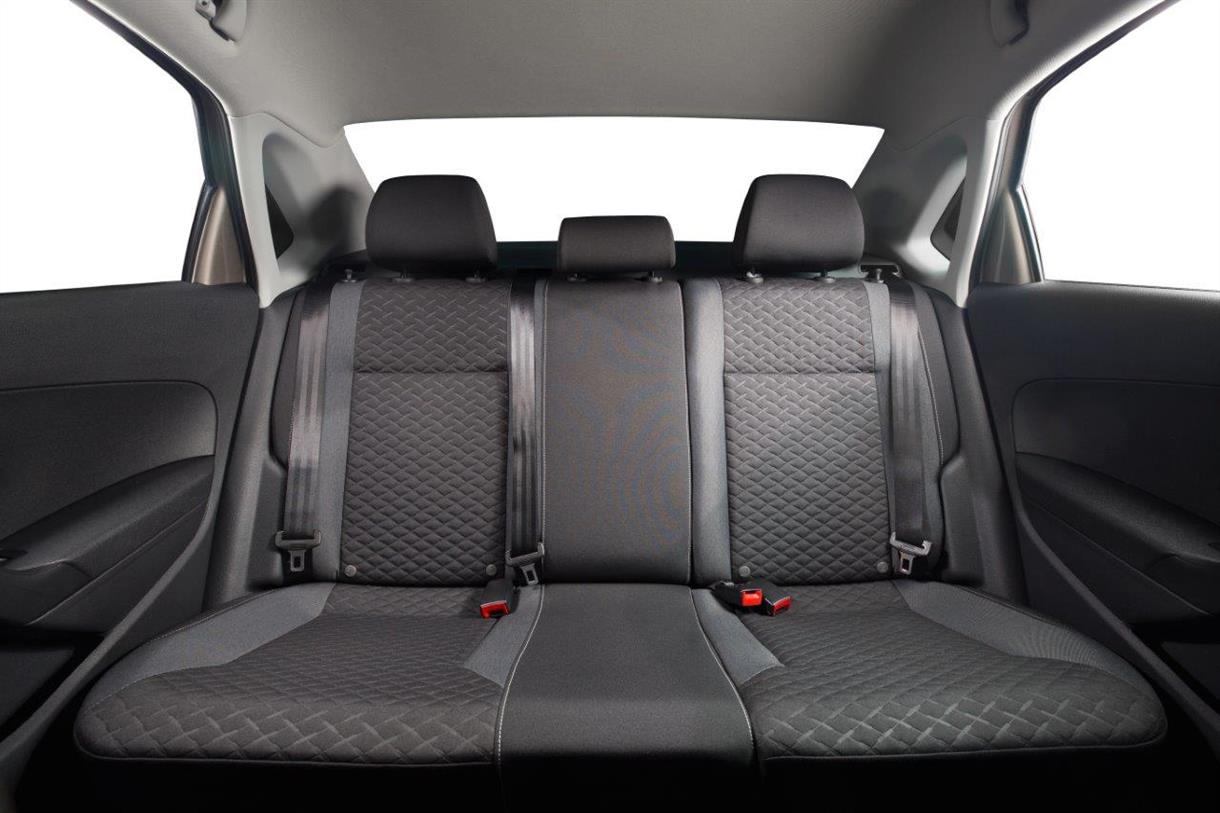
For the first time since 2019, demand for inspections and audits by Western apparel buyers in Bangladesh fell 10 percent year-on-year between January and September, while it rose 14 percent in China, QIMA said.
US buyers seem to be scaling down their textile and garment sourcing from Bangladesh, which should diversify its suppliers to protect exports, the report said.
For the first time since 2019, western apparel buyers' demand for inspections and audits in Bangladesh declined year-on-year for the first time between January and September this year by 10 percent, while it rose by 14 percent in China, according to a new report by QIMA, a Hong Kong-based quality control, and supply chain auditing firm.
Global apparel brands and retailers are pushing to increase sourcing from China and decrease sourcing from Bangladesh, the report noted. US buyers in particular seem to be sourcing fewer textiles and garments from Bangladesh, the report said.
Data from the Bangladesh Export Promotion Bureau (BEPB) also showed that the country's apparel exports in October this year declined by about 14 percent year-on-year to $3.16 billion, the lowest monthly value since August 2021, when the industry earned only $2.73 billion.
The report suggests that US and EU buyers' interest in sourcing from China may be picking up again - in the first nine months of 2023, China's relative share of their supplier mix grew for the first time since 2019.
With consumer spending in the West slowing due to fears of an economic downturn, brands and retailers may once again prioritize China as a supplier to take full advantage of the country's well-established manufacturing infrastructure, the report noted.
However, the QIMA report suggests that Bangladesh should diversify its suppliers to protect its exports from future shocks.
"The country's apparel industry, which is currently largely based on cotton, would benefit greatly from venturing into man-made textiles," the report said.
Bangladesh has a 34.7 percent share in the EU's cotton imports and only 12 percent in non-cotton apparel imports. Apart from readymade textiles, there is a great potential for exports of footwear, leather, and home textiles.

 Techtextil & Texprocess Rounded Off
Techtextil & Texprocess Rounded Off
 Nonwovens in daily life ----- filtration
Nonwovens in daily life ----- filtration
 Nonwovens in daily life ----- automotive
Nonwovens in daily life ----- automotive
 What is SAP – superabsorbent polymers
What is SAP – superabsorbent polymers